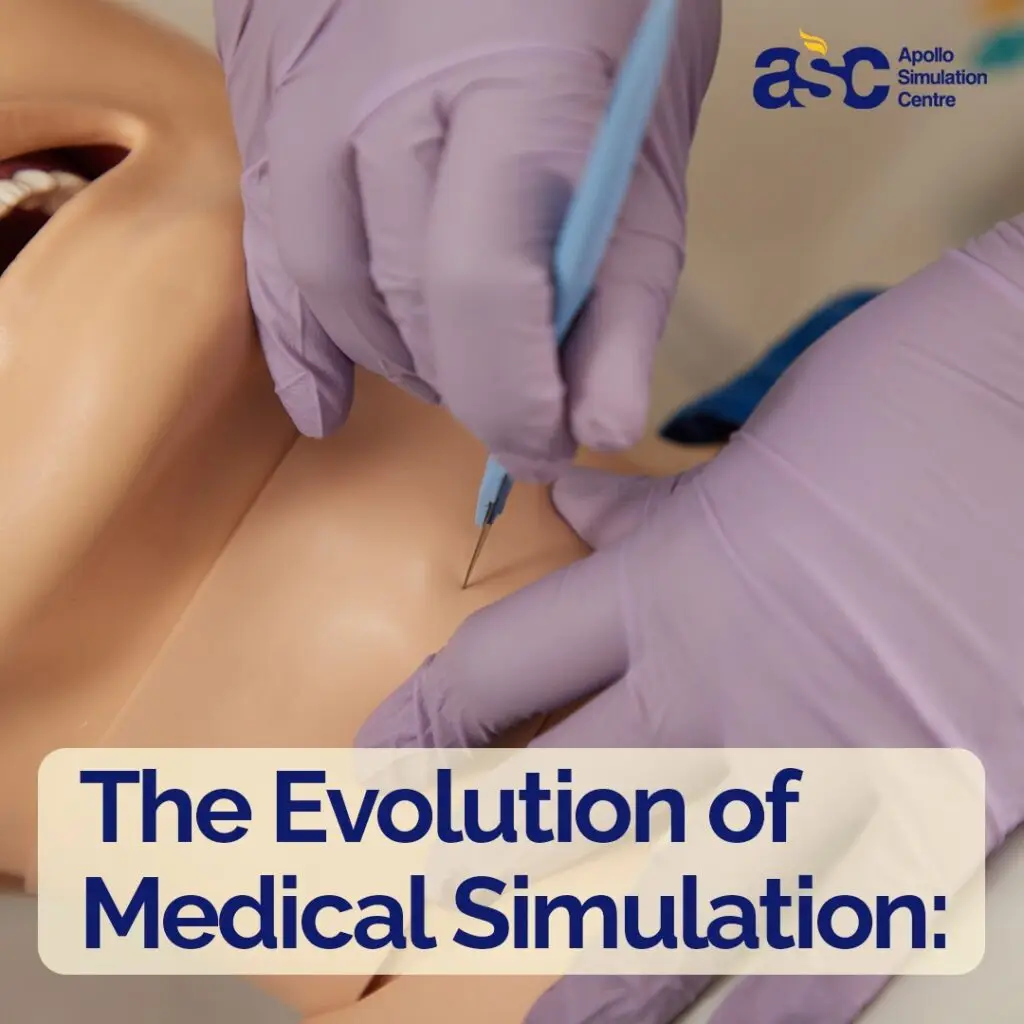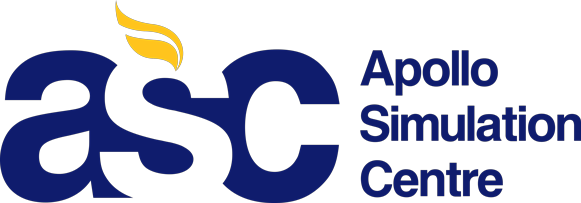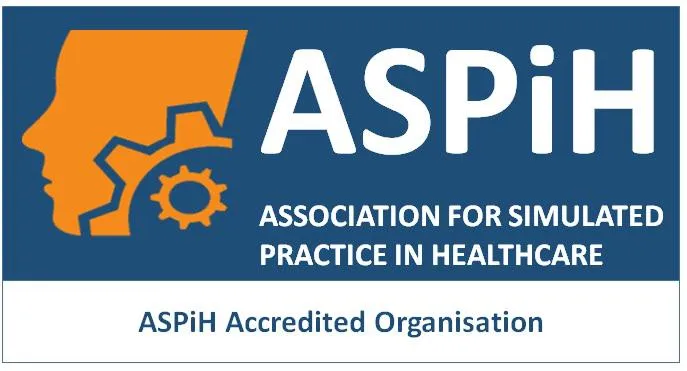The Evolution of Medical Simulation: Why It Matters In the dynamic and ever-advancing realm of healthcare, the emphasis on improving patient care and outcomes has never been more profound. As technology and medical practices evolve, so does the training methodology for healthcare professionals. Enter medical simulation—a revolutionary approach to medical education that has transformed how future doctors, nurses, and allied health professionals learn and practice critical skills. But what exactly is medical simulation, and why is it becoming an indispensable part of medical training?

What is Medical Simulation?
Medical simulation is an educational technique that provides interactive, lifelike scenarios to healthcare professionals, allowing them to practice clinical skills in a safe and controlled environment. It employs advanced technologies like high-fidelity manikins, virtual reality (VR), and computer-based simulations to mimic real medical conditions.
Why is Medical Simulation Needed?
- Enhancing Clinical Competence:
Medical simulation offers a unique opportunity for healthcare professionals to gain hands-on experience. Whether it’s performing a complex surgery, managing an emergency in the ER, or addressing a critical care scenario, simulation provides a platform for practitioners to practice procedures and refine their skills without the risk of harming patients. - Patient Safety:
A core tenet of medical simulation is improving patient safety. By allowing practitioners to learn from mistakes and perfect their techniques in a no-risk environment, simulation significantly reduces the likelihood of errors in real-world medical settings. This approach is crucial in today’s healthcare landscape, where patient safety and quality of care are paramount. - Crisis Resource Management:
In medical emergencies, effective teamwork, communication, and decision-making are vital. Simulation-based training incorporates these elements, ensuring that healthcare teams can work proficiently under pressure. By simulating high-stakes scenarios, teams can practice coordinating their actions and enhance their collaborative skills. - Adaptability to Technological Advances: As medical technology advances, so too must the training methods for using these technologies. Simulation allows practitioners to become familiar with new equipment and techniques, enabling seamless integration into day-to-day medical practice.
How Medical Simulation Training Makes the Grade
Incorporating medical simulation into training programs isn’t just a trend—it’s a necessity. Professionals and institutions worldwide recognize its immense benefits, leading to an increase in adoption. Here’s why simulation training makes the grade:
Hands-On Experience Without Risk:
One of the most lauded aspects of simulation training is the ability to practice real-life scenarios without real-life consequences. This experiential learning not only builds confidence but also solidifies knowledge gained through traditional education.
Adaptive Learning Environment:
Simulation offers a flexible learning approach, catering to diverse educational needs. Students can practice as many times as necessary until they master a procedure, and seasoned professionals can use simulations to maintain and update their skills.
Feedback-Driven Improvement:
One of the powerful components of simulation is the immediate feedback provided during and after scenarios. Learners can assess their performance, identify areas for improvement, and make corrective changes swiftly, ensuring continuous development.
A Model for All Disciplines:
From anesthesiology and emergency medicine to nursing and surgery, medical simulation applies across all disciplines. Interprofessional simulation scenarios teach practitioners how to function as cohesive units, improving overall healthcare delivery.
Apollo Simulation Centre: Leading the Charge in Medical Training
A testament to the impact and necessity of medical simulation is the Apollo Simulation Centre, a leading institution in innovative medical training. Apollo represents a cornerstone investment in the future of healthcare education, designed to equip India’s healthcare professionals with unparalleled training resources.
State-of-the-Art Facilities:
Apollo Simulation Centre boasts an impressive array of simulation technologies, including high-fidelity manikins that replicate human physiology, virtual reality labs for immersive learning experiences, and advanced tools for surgical and clinical training.
Comprehensive Training Programs:
The center offers an extensive range of programs designed to provide comprehensive training across various medical fields. From basic life support to complex trauma care, Apollo ensures that healthcare professionals can practice and perfect their skills.
Collaboration and Innovation:
By fostering innovation and collaboration among healthcare educators, Apollo leads the charge in developing new training methodologies and simulation scenarios that reflect real-world medical challenges. Impact on Healthcare Outcomes:
Through its comprehensive and cutting-edge approach to medical training, Apollo Simulation Centre contributes to improving healthcare outcomes across the region. By producing skilled, confident, and decision-ready professionals, the center plays a vital role in enhancing patient care standards.
Conclusion
Medical simulation marks a pivotal advancement in healthcare education, aligning with the overarching goal of delivering safer and more efficient patient care. As technology evolves and healthcare needs grow, simulation stands out as a key educational strategy, transforming traditional learning to prepare healthcare professionals for every conceivable challenge. Centers like the Apollo Simulation Centre, with their state-of-the-art resources and visionary outlook, underscore the importance of investing in simulation-based learning. They illuminate the path forward for healthcare education, heralding a future where every medical professional is equipped to deliver exceptional care through hands-on experience, continuous improvement, and innovative training methodologies. As the healthcare industry continues to embrace this powerful tool, the impact on patient safety, quality of care, and professional competence will undoubtedly be profound—ensuring that healthcare providers are not just prepared, but truly qualified to meet the demands of modern medicine. To learn more about how you can engage with simulation technology and training, explore opportunities at pioneering centers like the Apollo Simulation Centre and others that are at the forefront of this educational revolution.
Enroll now for our upcoming courses, visit : www.apollosimulation.com
Call : 7358100986 for more info




